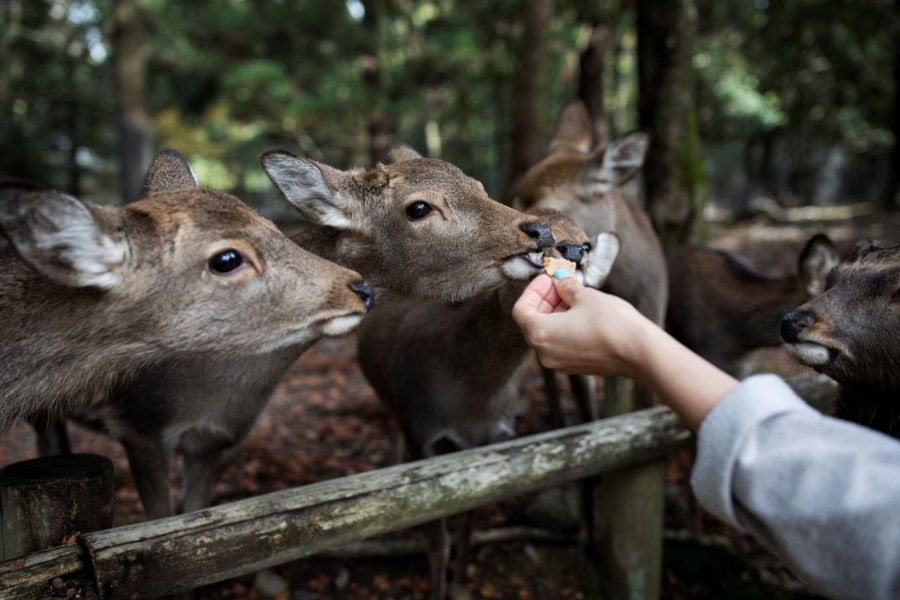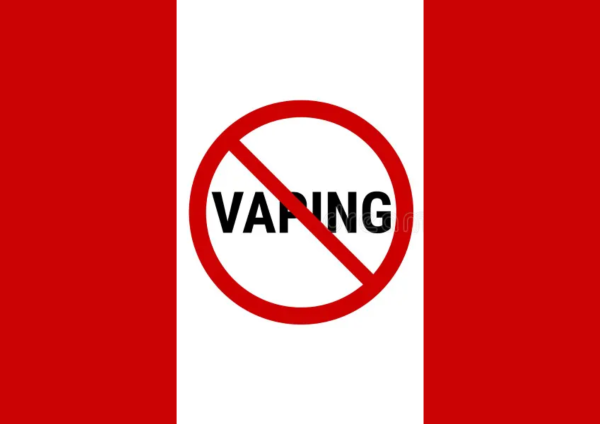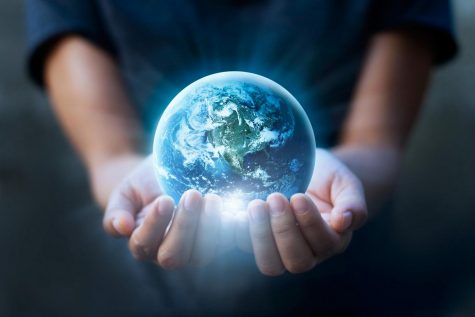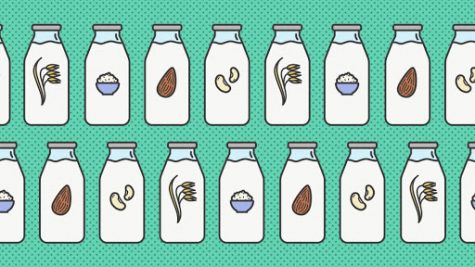A Truly Widespread Pandemic: COVID-19 and Animal Populations Across the Globe
The sika deer native to Japan’s Nara Park are dependent on visitors feeding them with provided crackers.
March 8, 2021
As COVID-19 maintains its presence across the globe, many worry about their elderly and immunocompromised relatives. Many worry about holding their jobs and making ends meet. Understandably, it is difficult to divert attention from the virus’s heavy effect on humans. But what about the pandemic’s impact on animals?
The COVID-19 pandemic has forced many to reconsider their long-distance travel plans. With fewer humans travelling, there are fewer disruptions to natural habitats and nature reserves. In fact, the internet is filled with pictures of wild animals in places they once avoided due to ‘bothersome’ humans. Some animals are even in human-inhabited locations. Species on the brink of extinction made miraculous comebacks, while forest and ocean habitats made minor recoveries from deforestation and pollution. In this regard, COVID-19 has largely benefited animals.
But this positive news does not paint a complete picture of the pandemic’s effect on wildlife. The pandemic has affected many animals on a similar scale as it has impacted humans. For example, the sika deer native to Japan’s Nara Park are dependent on visitors feeding them with provided crackers. With visitors virtually non-existent, over a thousand sika deer have been forced to forage for their own food. Many of the deer have left the park and entered the city of Nara, opening up the potential for them to ingest plastic or be hit by a motor vehicle. Similar situations can occur in other cities seeing an influx of wild animals.
In many parts of the world, animals are also starving. Florida parks, Thai elephant reserves, African savannahs, and a Hawaiian island dedicated to cat care each depend on donations from visitors — and, in turn, the tourism industry — to care for their respective animals. In Africa, reserves rely upon the revenue generated from tourism, and in particular, safaris. Of course, a lack of tourism has hurt the economy at large, which has a resulted in an increase in animal poaching.












